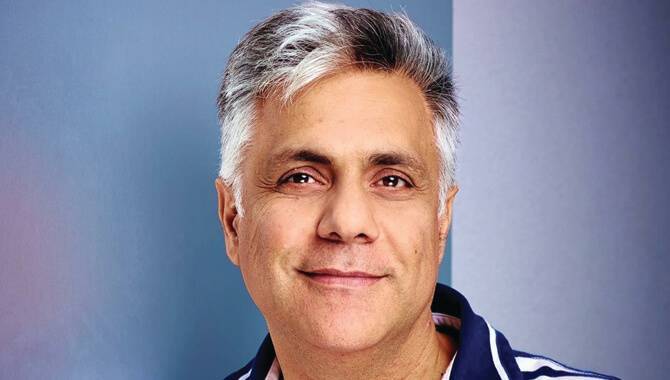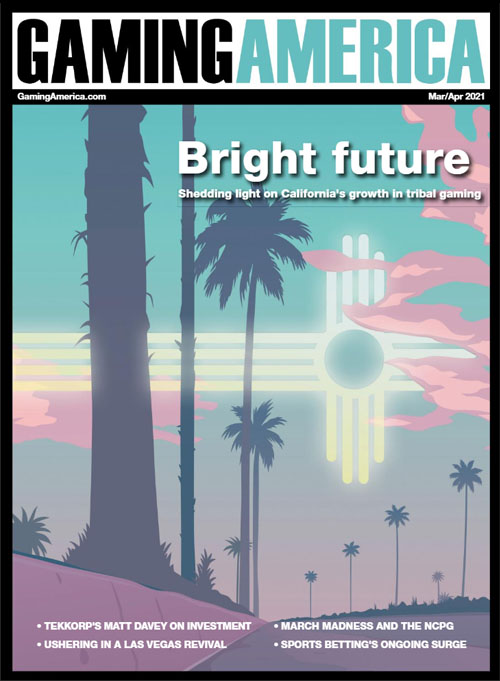
With cashless payments being one potentially positive and long-term effect of the COVID-19 pandemic, there is optimism afoot.
The US online gaming market is relatively new, which everybody is very excited about. It wasn’t quite clear how fast regulatory approvals would happen after the Professional and Amateur Sports Protection Act (PASPA) was overturned in 2018, paving the way or sports betting and how regulators would deal with it.
However, skipping forward a few years, despite the pandemic, states managed to establish and pass regulation so that a framework could be put in place, which would go in multiple states.
The US is certainly the place to be because it’s a super fresh market in comparison with Europe, which is increasingly saturated. The states in the US have more potential to grow when you consider they are larger than European countries. There are other markets on the horizon such as the burgeoning African online gaming market, but the US is definitely the place to be with its online presence right now.
Going forward, we’ll see continued growth in the US, but right now Europe is ahead of it in terms of being the biggest gaming market in the world. Statistics show that card payments make up 20% of all gaming transactions in the US, whereas it’s 16% in Europe, yet it still holds the bigger market share right now.
But the US is the market to be in and there’s going to be massive growth there. Last year we went live in nine states and it’s highly encouraging how many transactions are now taking place online – we see it on a month-to-month basis that the market is growing exponentially.
The cashless transformation we’ve seen in the last year presents another opportunity. When COVID-19 started, more people went online and they began to discover how it works and they've gotten used to it.
Going forward, those customers are going to be using products online in the future too and it will be a lasting legacy of COVID, which has been a catalyst for payments and allowed the industry, and society in general, to digitally transform. There is more overhead to acquiring customers and there are different marketing strategies that help to accelerate this online. Daily Fantasy Sports (DFS) and esports have been other verticals that saw growth, as stadiums were closed.
It’s true that contactless payments have become an essential tool for physical venues during the pandemic and beyond it. This whole process already started pre-pandemic and we see there is less share of cash, which the pandemic has accelerated and now contactless transactions are increasing.
There are many initiatives from Visa and Mastercard that need to use the likes of tap-to-phone so they can accept contactless payments via an Android smartphone. Then there’s Apple Pay and other digital wallets that are increasingly present in the market, plus all the initiative schemes that are integral to supporting and sponsoring the movement.
To reiterate, one of the things we’re going to continue to deploy is an omni-channel offering because that’s where the demand lies; physical and online will be one experience. We do have a big point-of-sale presence in the retail and hospitality sector, and all those learnings, as we’ve used our European expertise to bring into the US, are what we’ll continue transferring to the gaming sector.
In terms of challenges, aligning with regulations is always something that needs to be done and there’s a certain amount of time it takes, but, of course, all the operators want to be the first to offer in a new state so it’s important to be really on top of regulation to make sure you apply for all the licences. It’s a race against time. You also need to grow with the volumes, which continue to increase each month, so you need to adapt to make sure you have the right approach toward that.
It’s a new market so there’s always a learning curve as there’s always going to be things we don’t know, and adapting to the new situations is a constant learning process. Competition is always going to be there, but that’s exciting and where innovation occurs.

